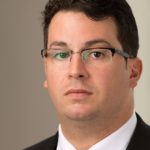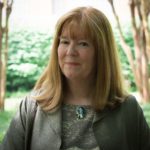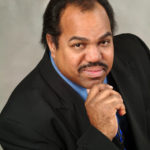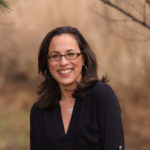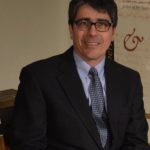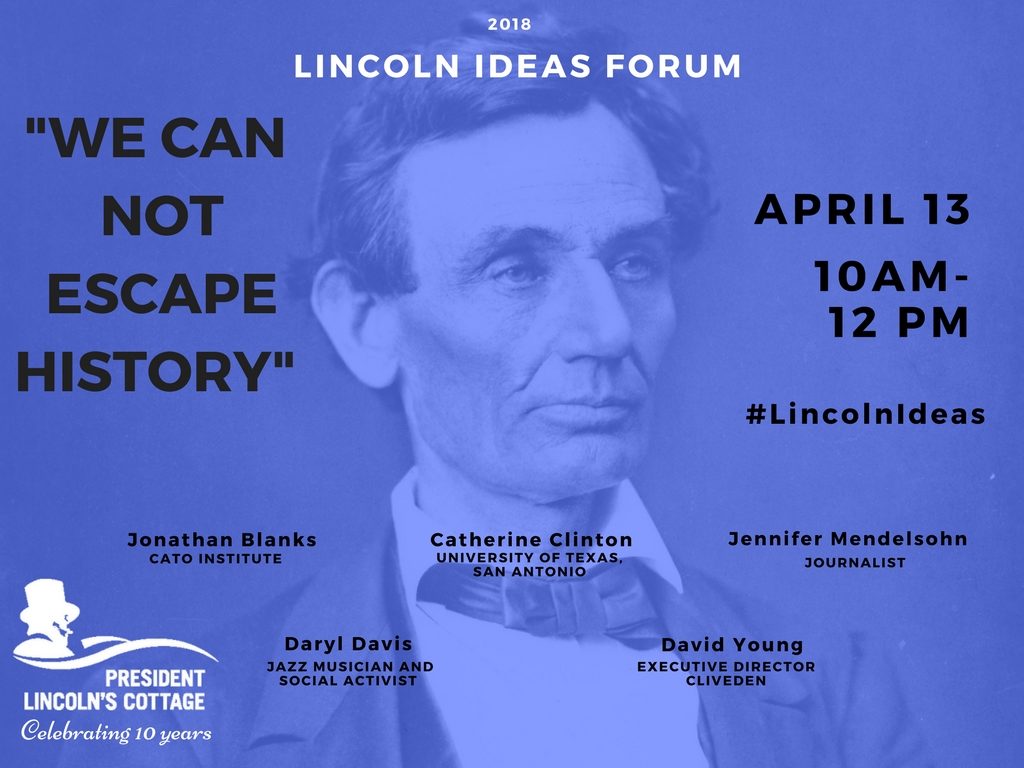
Towards the end of his Second Annual Message to Congress in 1862, Abraham Lincoln implored his countrymen to remember that future generations would be looking back at the Civil War era: “Fellow-citizens, we can not escape history,” he wrote. “We of this Congress and this Administration will be remembered in spite of ourselves.” This year, those stirring words serve as our theme for our fourth annual Lincoln Ideas Forum. Join us as we bring together experts, scholars, and the public in an exploration of the historic contexts of emancipation, sexual assault, hate groups, and immigration alongside the modern consequences.
Speakers include:
Jonathan Blanks, Cato Institute: What we can learn from the fight for emancipation
Jonathan Blanks is a Research Associate in Cato’s Project on Criminal Justice and a Writer in Residence at Harvard University’s Fair Punishment Project. His research is focused on law enforcement practices, overcriminalization, and civil liberties. Blanks has appeared on various television, radio, and internet media including HuffPost Live, Bloomberg Law Radio, and Voice of America. His work has been published in the Washington Post, The New Republic, The Atlantic, Denver Post, Chicago Tribune, Democracy Journal, Philadelphia Inquirer, Vox.com, Vice, Reason, Libertarianism.org, Timeline, and the Indianapolis Star, among others. In 2015, Blanks testified before the U.S. Commission on Civil Rights on police accountability. Blanks is a graduate of Indiana University.
Catherine Clinton, University of Texas, San Antonio: How the #MeToo movement is changing college campuses
Catherine Clinton holds the Denman Chair of American History at the University of Texas San Antonio. She is the author or editor of over 25 books: her first book, The Plantation Mistress: Woman’s World in the Old South appeared in 1982, and her most recent book, Stepdaughters of History: Southern Women and the American Civil War (2016) was based on the Fleming Lectures she delivered at Louisiana State University in 2012. She is an elected member of the Society of American Historians. During 2016 she served as president of the Southern Historical Association and was awarded a Guggenheim Fellowship. She serves on the Scholarly Advisory Board of President Lincoln’s Cottage.
Daryl Davis, Jazz Musician: How effective and successful, nonviolent communication in the face of extreme adversity can create respect and friendship
Chicago native Daryl Davis graduated from Howard University, with a degree in Jazz. Outside of school, he was personally trained by legendary Blues, Boogie Woogie and Rock’n’Roll pianists Pinetop Perkins and Johnnie Johnson who both claimed him as their godson and praised his ability to master a piano style that was popular long before he was born. In addition to being a pianist and vocalist, Daryl is also a professional actor, author, and lecturer, now residing in Maryland.
A man once told Daryl, he’d never seen a black man play piano like Jerry Lee Lewis. Daryl explained, they both learned from black Blues and Boogie Woogie pianists. The man found it hard to believe in the black origin of the music but became a regular fan of Daryl’s. Turns out, he was a member of the Ku Klux Klan. This experience led to Daryl becoming the first black author to travel the country interviewing KKK leaders and members. His experiences are detailed in his book, Klan-Destine Relationships and the newly released award-winning documentary Accidental Courtesy.
Jennifer Mendelsohn, Founder of #resistancegenealogy: How genealogical research can highlight the unifying nature of our immigrant past
Jennifer Mendelsohn is a seasoned journalist and ghostwriter. A former People magazine special correspondent and Slate columnist, her work has appeared in numerous local and national publications including The New York Times, The Washington Post, The Los Angeles Times and USA Today. Based in Baltimore, she is also passionately engaged in the genealogy world and serves on the board of the Jewish Genealogy Society of Maryland. She is the founder of #resistancegenealogy, a project that uses the historical record to fight disinformation.
David Young, Cliveden: Moderator
David Young is executive director of Cliveden, a historic site of the National Trust for Historic Preservation located in the Germantown section of Philadelphia. Prior to Cliveden, he was director of the Johnson House, a National Historic Landmark museum of the Underground Railroad. He has published on Germantown’s African American history and on issues related to historic site sustainability. He currently serves as a lecturer in the Graduate Program of Historic Preservation in the University of Pennsylvania School Of Design. A Fulbright Fellow in 1993, he has degrees from Northwestern University and an M.A. and Ph.D. in History from Ohio State University.
The views and opinions expressed by the speakers do not necessarily reflect those of President Lincoln’s Cottage.
This is a free public program, but space is limited to 80 attendees.
WHEN: Friday, April 13
TIME: 10:00am – 12:00pm
To RSVP, click here
Can’t attend? Follow the conversation on social media: #LincolnIdeas. The Lincoln Ideas Forum will be filmed and available for viewing afterwards.
Stay tuned for updates and more details on topics and speakers!
